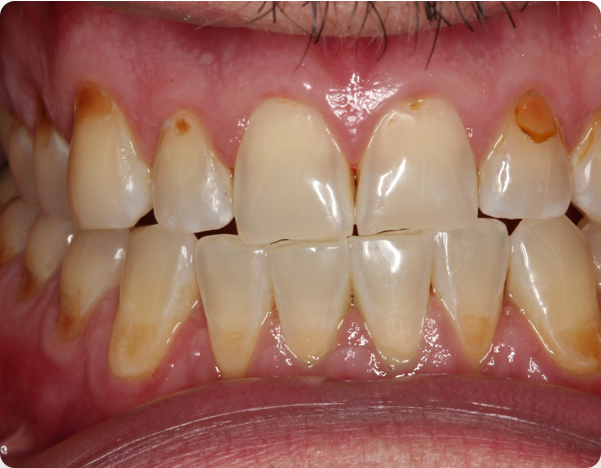Contact Us
36 Middle St, Cleveland, 4163, Australia
Achieving and maintaining optimal oral health goes beyond just brushing and flossing – it’s a holistic approach that includes the crucial influence of your diet. What you consume plays a pivotal role in the strength of your teeth, the health ofyour gums, and the overall well-being of your mouth. Just as a balanced diet supports your body’s vitality, it also significantly impacts your oral hygiene, contributing to a confident smile and a healthier you.
Good oral hygiene and diet are the foundation of dental care. As the basis of overall health, your oral hygiene and diet will help keep teeth strong to promote a healthy mouth. Ultimately, proper oral hygiene should begin as a child. But it is not too late to change as an adult or teen.


Michael and his team of dentists in Cleveland, Brisbane, believe it is important to engrain dental health into your children’s lives so they grow up with the right knowledge and habits to support a healthy mouth, teeth and gums. They are also on hand to support and educate parents in helping them teach their children.
Did you know once a child’s teeth start to come through at about six months of age you need to start brushing them?
As they start to eat and drink, plaque and tartar can form. Likewise, when you are an adult. It is the bacteria in the plaque that causes dental diseases, such as tooth decay and gum disease, but it is the acid that forms after eating or drinking that corrodes the enamel on the teeth, leading to cavities.
The more frequently people eat food and drink that contain high levels of sugar, the more often teeth are exposed to an acid attack.
The best way to prevent tooth decay is to limit the amount and regularity of sugary foods and drinks in your diet, drink plenty of water, and brush and floss at least twice a day. When plaque is not removed from the teeth, the bacteria in the plaque can also irritate the gums, causing inflammation, which is known as gingivitis.
There are many dental-friendly foods and GWH’s dentists in Cleveland, Brisbane, recommend fresh fruit and vegetables such as carrots and celery sticks, nuts and cheese, as well as fluoridated tap water and unsweetened tea.
It is important to speak with your dentist about the nature of food and drink and how it affects your teeth.
Michael and his team can answer all of your diet and oral hygiene questions.

36 Middle St, Cleveland, 4163, Australia
© 2023 GWH Dental - Member of the